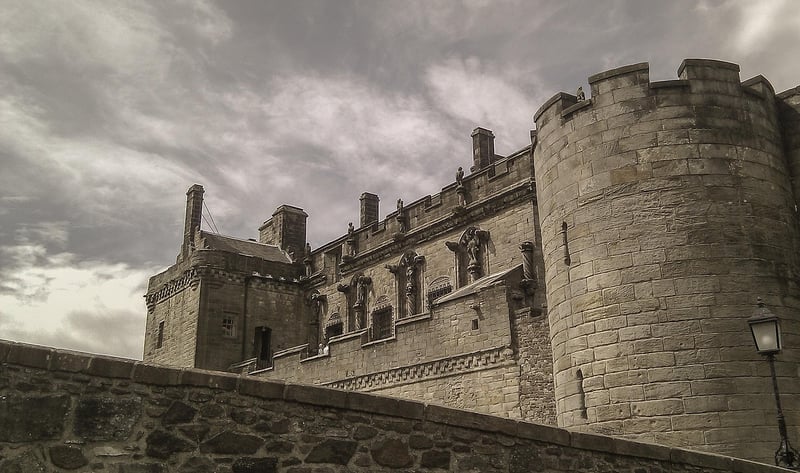Chrono-Citizens
Social Structures in Time + Chrono-Citizens
Understanding the Concept of Chrono-Citizens
Chrono-Citizenship is a term that refers to the idea of individuals engaging with society and its structures across different time periods. It emphasizes the dynamic relationship between people and the social norms, technologies, and values that define different eras.
The Evolution of Social Structures
Social structures have evolved significantly over time, shaping the way people interact, communicate, and organize themselves. From ancient tribal societies to modern global communities, each era has brought about unique social structures that reflect the values and priorities of that time.
Ancient Societies
In ancient times, social structures were often based on kinship ties and hierarchical systems. Tribes and clans formed the basis of early societies, with roles and responsibilities assigned based on familial connections.

Feudal Systems
During the medieval period, feudal systems emerged, where land ownership and labor were central to social organization. Feudalism defined relationships between lords, vassals, and serfs, creating a structured hierarchy based on land ownership.

Industrial Revolution
The Industrial Revolution brought about significant changes in social structures, with the rise of urbanization, industrialization, and class divisions. Factory workers, capitalists, and industrialists formed distinct social classes with varying levels of power and influence.

Chrono-Citizens in the 21st Century
In the 21st century, individuals navigate through a complex web of social structures that blend traditional norms with modern technologies. Chrono-Citizens actively participate in shaping society through their interactions on social media, digital platforms, and global networks.
Challenges and Opportunities
While the concept of Chrono-Citizenship offers new possibilities for social engagement and collaboration, it also presents challenges related to privacy, identity, and authenticity in an increasingly connected world. Navigating these complexities requires a nuanced understanding of how social structures operate across different temporal contexts.
By exploring the evolution of social structures and the role of Chrono-Citizens in contemporary society, we can gain insights into the dynamic relationship between individuals and the broader social framework.
Embracing Chrono-Citizenship means recognizing the interconnectedness of past, present, and future, and actively participating in shaping a more inclusive and sustainable society for generations to come.
